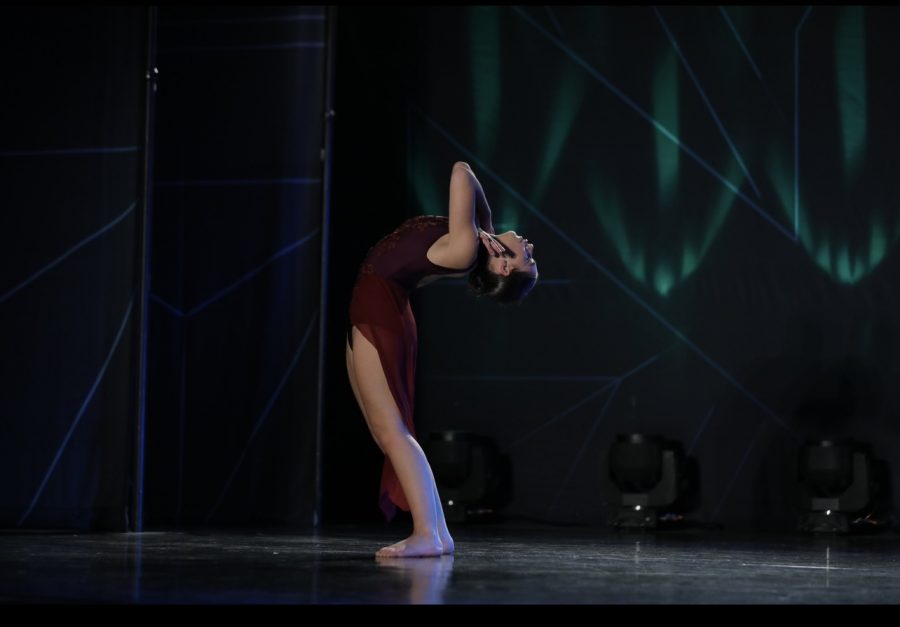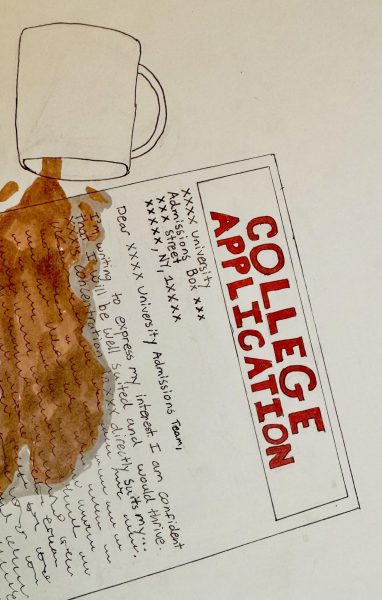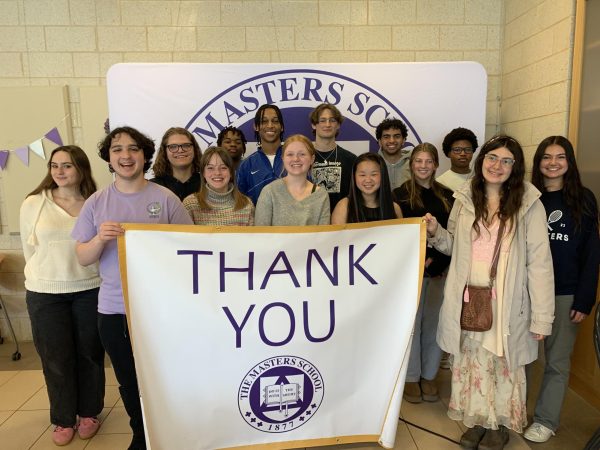Athletic Option: Students trying to find a balance between school and sports
December 16, 2021
Masters should be more lenient when it comes to offering athletic option and exempting students who show true dedication to their sport from the Athletic Credit Requirements (ACR). Every student needs to fulfill ACR as a graduation requirement (participation on three seasons of competitive sport or dance in a student’s first two years of attending masters) .
Athletic option is the ability students have to be able to participate in their sports programs outside of our community. It is a privilege that not everyone is afforded; the process itself does not guarantee that a student will be able to take part in their outside sport/hobby. There are very specific requirements to be considered, such as how many hours per week a student practices and competes, since the minimum is five. It is even more arduous to be granted athletic option status when your sport is offered here on campus, meaning some students can’t partake in their outside-of-school sports, and if they are lucky enough to, most have to do both in order to fulfill their ACR.
When I came to Masters, I thought at several points I was going to have to sacrifice my art form and dance studio, which I’ve attended for over fifteen years. When I reached high school, there was an option for the Dance Company, and although the program is great, I knew I wanted to continue my training with my lifelong friends and supportive coaches. My heart sank the times I was turned down for athletic option because I had to fulfill my ACR, meaning there was no way around it. After a meeting with Peter Newcomb, head of the upper school, my worries were assuaged since we came to a compromise; I can continue my dancing outside of school as long as I participate in three sports over my four years in high school. Although the first two semesters went well with just dance, spring came along, and suddenly I was juggling track, dance, and being a full-time student which was a battle I felt destined to lose.
If athletes are very competitive with their sports outside-of-school, I think that should be substantial enough. If you love what you do, you should be able to do it, especially if it’s not offered here — Kayla Shelley
Junior Emily Vandemark has been dancing since the young age of two at her studio in her hometown. She was just granted athletic option this winter after deciding she finally wanted to attempt to try to dance outside of school only. Vandemark was nervous to go through the process since she knew that dance was already offered here at Masters which is why she put it off for a long time; she believed the chances of her receiving it were low. “I used to end dance at Masters at 5:30 p.m then I would rush to dance in my hometown. I would get home at 8:00 p.m or 9:00 p.m and I would have to cram in my homework, or wake up early to do it; I was completely drained,” Vandemark said.
As someone who is also very devoted to dance, the schedule is very tiring, especially when you have to fulfill athletic requirements inside of school as well. There is a lot of pressure to live up to a certain standard when students only have a certain amount of time on their hands. “If you are already committed to a sport and are active outside-of-school, then I don’t think the ACR should apply to you,” Vandemark said.
Doing sports at Masters and in your regular program can impede on your schedule and can also make you feel like you are falling behind or missing too much. In the spring semester, since I have to do track and field, I am at school till around 5:45 p.m meaning several days I have to miss my dance training or have my rehearsals moved to fit everything into my schedule.
Senior Kayla Shelley just applied for athletic option this semester to train for a marathon in March, and was granted it without any issues. Shelley normally participates in Masters sports, meaning she has already fulfilled her ACR. She described the process as pretty simple for the most part: the only task she has to complete is creating an athletic log for athletic credit. “I think the person that’s holding you most accountable is yourself. It’s really on students to make sure that what they’re doing is in alignment with the requirements,” she said.
Shelley believes that ACR should not be an obligation if a student is on a competitive sports team. Athletic option only turns into a problem when a student is taking unfair advantage of that privilege and not going to their respective practices. “If athletes are very competitive with their sports outside-of-school, I think that should be substantial enough. If you love what you do, you should be able to do it, especially if it’s not offered here,” Shelley said.
Logan Condon, director of athletics, is in charge of making sure students keep in line with their ACR requirements and athletic option. Masters has to follow the New York state guidelines very closely, meaning that students have to take a physical education credit each semester, whether that be inside or outside of Masters. At the end of most sport trimesters, Condon normally checks in with your coach and makes sure students fill out the independent athletic option form. In order to receive ACR, students must complete at least three team sports before sophomore year is over.
Regarding my athletic option for dance, I have until the end of my high school career to meet my ACR obligations. I have defended for a long time how I believe competitive student athletes who compete outside-of-school should not need to meet their ACR, since they already receive plenty of exercise and long school days on top of what would be a mandated school sport, since it can be required.
If administrators are worried about students not taking their athletic option seriously, there should be more check-ins on all sports no matter the discipline. This way, instead of needing to meet the ACR, administrators are well-aware students are actively engaging in their sport multiple times a week.
Condon believes being involved in the school-offered options has its unique benefits.
“I think competing within our circle is very fruitful for somebody. It really pushes you all to be within our community, and that’s one of the major pieces to come into a school like Masters,” he said.





























